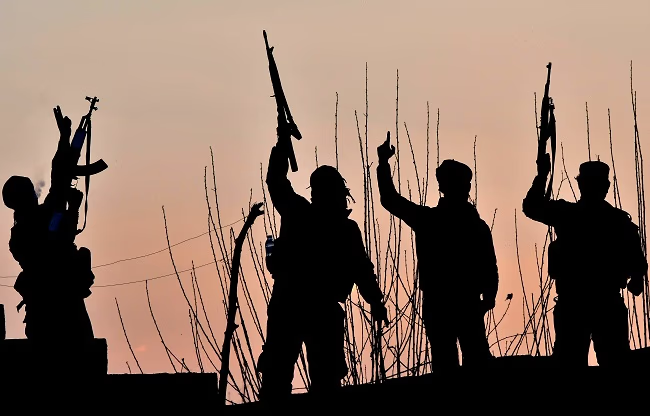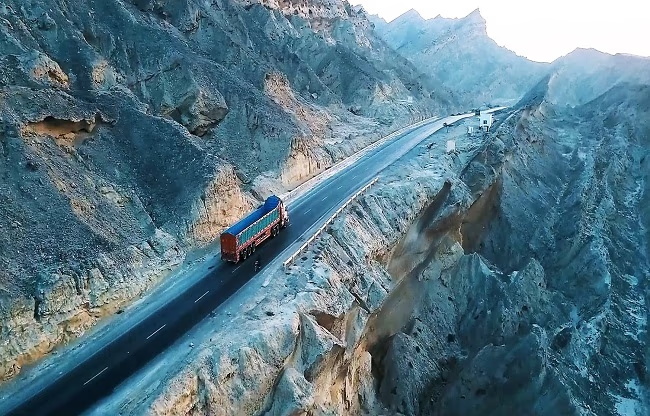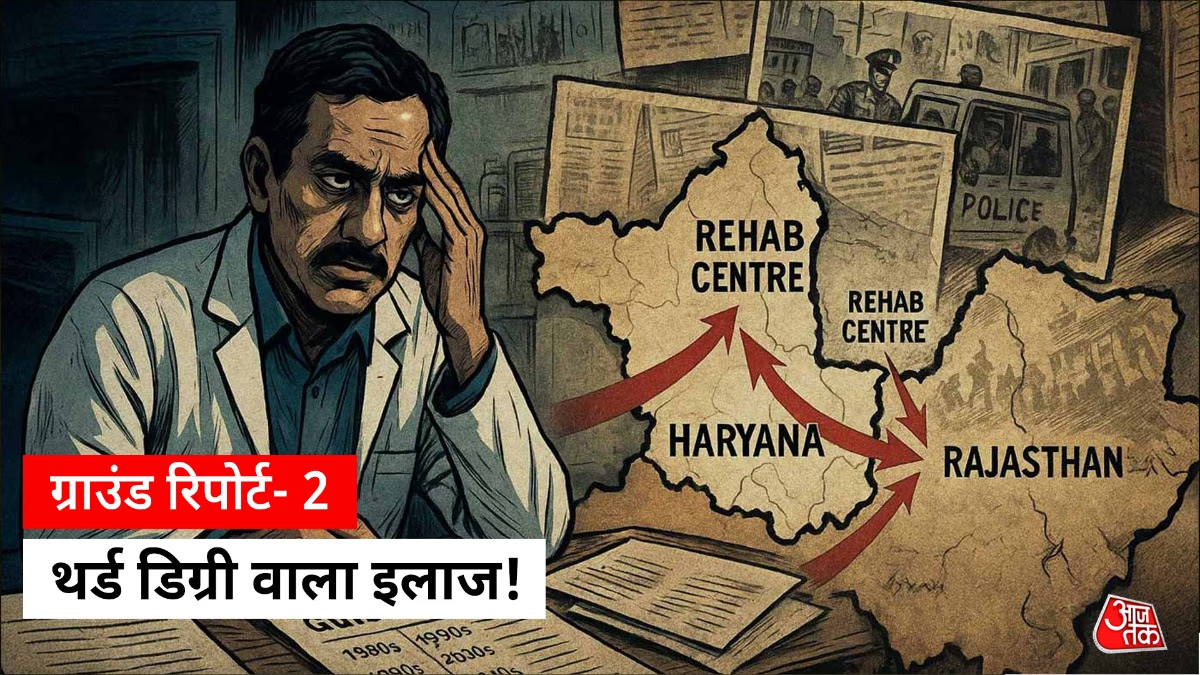Pakistan's path to fragmentation traces back to 1971 when Bangladesh emerged with India's assistance. Even this birth was driven by 24 years of discontent. The populous region of East Pakistan (now Bangladesh) expected recognition in the new nation due to its majority Bengali-speaking populace, but contrary to expectations, they were marginalized.
Banning Bengali in Parliament
The Pakistani assembly prohibited the use of the Bengali language, claiming Urdu as the language of Muslims. Urdu was also made the state language, linking it to Islam. This further spiraled into violence against Bengali speakers.
Discrimination Against East Pakistan
The disparities became so pronounced that East Pakistan felt isolated, setting the stage for Bangladesh's foundation. The 1970s cyclone only fueled the fire by causing tremendous casualties, which the Pakistani government poorly addressed with minimal relief efforts.
Bangladesh fiercely fought for independence thereafter, causing a bloodbath. Pakistan was accused of committing severe war crimes, neglecting human rights. Ultimately, when India intervened, the Pakistani military had to surrender, and Bangladesh was born.

Source: aajtak
Why Balochistan Seeks Independence
The Balochistan issue has been a thorn for Pakistan since 1947. Reports frequently surface about the Balochistan Liberation Army launching attacks that often target the Pakistani government or Chinese entities. Several extremist groups seek Baloch freedom.
This region was never under total governmental control due to two core reasons: deception during its unification with Pakistan and long-held beliefs of stepmotherly treatment by Pakistan.
Baloch Leaders in Exile
Recently, Dr. Nayla Qadri, a leader from Pakistan-administered Balochistan, arrived in Haridwar. Exiled for demanding Baloch independence, she presented herself as Balochistan's Prime Minister, appealing to Mother Ganga for freedom. She recounted the Pakistani government's atrocities against Baloch people.
Rich Resources Amidst Poverty
Despite being abundant in resources like gas, coal, and copper, Balochistan remains impoverished. It lacks basic amenities such as schools and hospitals. To repay debts, Pakistan leased local mines to China, a double blow for Baloch residents. They perceive exploitation by both nations.
Their fury intensified in 2006 as the government dismantled their tribal system, triggering violent demands for independence. Insurgents target Chinese residents to weaken Pakistan, often attacking their settlements.

Source: aajtak
The Call for Sindhudesh
Sindh's residents identify as descendants of the Indus Valley Civilization and accuse Pakistan of enforcing their dominance. The movement began in the 1960s when Ghulam Murtaza Syed opposed forced imposition of Urdu and the influx of Indian Muslims post-partition, whom they called 'Muhajir' and sought their removal from Sindh.
No Longer as Aggressive
After Bangladesh's emergence, the Sindhudesh demand intensified but never reached Balochistan's aggression. Many local Sindhis support staying with Pakistan. In 2020, multiple separatist parties, including the Sindhudesh Liberation Army and the Sindhudesh Revolutionary Army, were banned.

Source: aajtak
Baltistan's Demand
Gilgit-Baltistan in Pakistan-administered Kashmir (PoK) is the country's northernmost area, which has long sought independence. Extremist groups envision it as Balawaristan, the land of heights, fitting its mountainous terrain.
Protests have erupted periodically. Local leaders allege Pakistan neglects to promote the area, a potential tourist haven. Government schemes rarely take root here. Despite demands for autonomy, the government continues to suppress leaders through violent means.
Other Movements Simmering
Sporadic separatism flourishes nationwide. Even post-partition, new Muslim arrivals have not been fully accepted, often referred to as 'Muhajirs' and excluded from benefits. They occasionally demand a separate province. Unlike extreme movements, Pakistan is more wary since the Taliban's rise in Afghanistan. The local Pashtun population aspires to join Afghanistan, potentially cleaving off Khyber Pakhtunkhwa.

Source: aajtak




